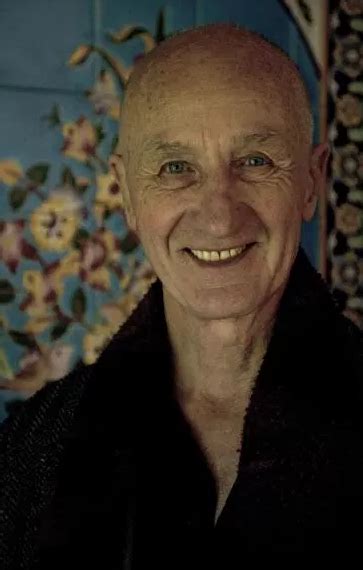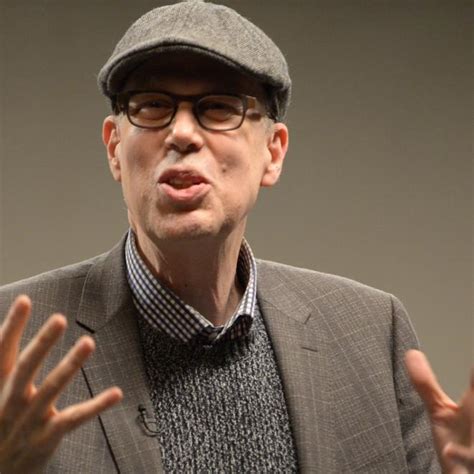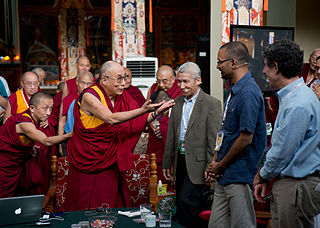A Quote by Daniel J. Boorstin
. . . the messiness of experience, that may be what we mean by life.
Quote Topics
Related Quotes
Giving my life to you may mean leading a very ordinary life or it may mean leading an extraordinary life. It may mean having a family and a career or it may mean going beyond all that to just work for others. It's hard to say. Rather than making a decision myself, I'm going to give my life to you, to do with as you will, because I know that you are my self, you are my very being.
I wouldn't advocate for a feminism that's buttoned-up and divorced of the messiness of our real lives. Your feelings are your feelings, but you're not going to litigate your feelings about my body. The feminist ethics that I signed up for were respect for my bodily autonomy, that my experience is my experience, and that I'm an expert in my own life.
This question of love begins and ends with the willingness to be welcoming to one's own experience as a loving action towards oneself. It may be dark, it may be light, it may be joyous, it may be sorrowful, but it's your experience, and therefore, your life. As we have that kind of loving response towards our own life, then life itself in terms of the outside world, begins to feel different.
I hate being called a homosexual because I don't feel that way. It really upsets me ... Being gay can happen in any walk of life, in any world. If you have one gay experience, does that mean you're gay? If you have one heterosexual experience, does that mean you're straight? Life doesn't work quite so cut and dried.
You must create the character's internal life. What do I mean by internal life? I mean the thoughts, feelings, memories, and inner decisions that may not be spoken. When we look into the eyes of actors giving fully realized performances, we can see them thinking. We're interested in what they're experiencing that may never be spoken, that quality of nonverbal expression - which is as much a part of the characters as breathing and as real as what they say and do. This is their internal life. It helps us believe in the characters and care about them.
The programmer, who needs clarity, who must talk all day to a machine that demands declarations, hunkers down into a low-grade annoyance. It is here that the stereotype of the programmer, sitting in a dim room, growling from behind Coke cans, has its origins. The disorder of the desk, the floor; the yellow Post-It notes everywhere; the whiteboards covered with scrawl: all this is the outward manifestation of the messiness of human thought. The messiness cannot go into the program; it piles up around the programmer.








































